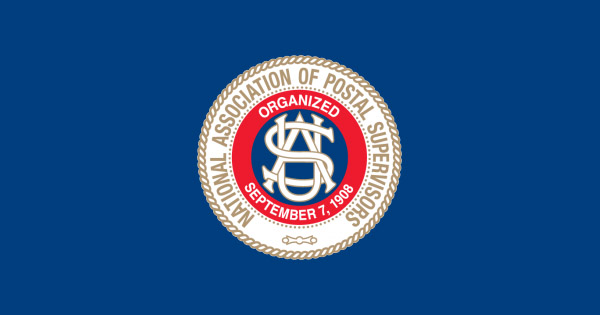Senate Reconciliation Bill Stripped of Anti-Postal Employee Provisions
Early Saturday morning, the Senate Budget Committee unveiled its final version of H.R. 1. NAPS is pleased to report that the anti-postal and anti-federal employee provisions included in previous versions of the Senate bill were stripped from it because either they violated the Senate’s “Byrd Rule” or enough GOP senators objected to them. Of course, the specific provisions could be offered as amendments when the bill is considered by the Senate over the next few days. However, such a tactic would need the support of 60 senators to overcome a “point of order” – an insurmountable level as there are at least 47 Senators who oppose the provisions, including a few Republican Senators who have indicated support of NAPS’ position on the provisions.
The provisions stripped from the bill that would have directly impacted postal employees included:
- A proposal to increase the FERS contributions by 5% for postal and federal employees hired after December 31, 2025
- A proposal to impose a $350 user-fee for seeking due process through the Merit Systems Protection Board
Other provisions that would have impacted the non-postal federal workforce were also deleted from the bill, including charging labor unions and charitable organizations a 10% tax on employee payroll withholdings.
It is expected that the Senate will hold a vote on the Senate reconciliation bill Monday or Tuesday this week. If the the Senate version of H.R. 1 passes, it will return to the House of Representatives for a vote. The House has a few options: It may approve the Senate-passed bill, sending it for the President for his signature in time for his self-proclaimed July 4th deadline; amend the bill, thereby returning it to the Senate; or vote down the Senate-passed bill.
Yes, NAPS' parochial concerns regarding anti-postal provisions have dissipated, as the result of NAPS' aggressive and successful grassroots lobbying, in coordination with the entire postal and federal employee community. Nevertheless, the hazards remain.
